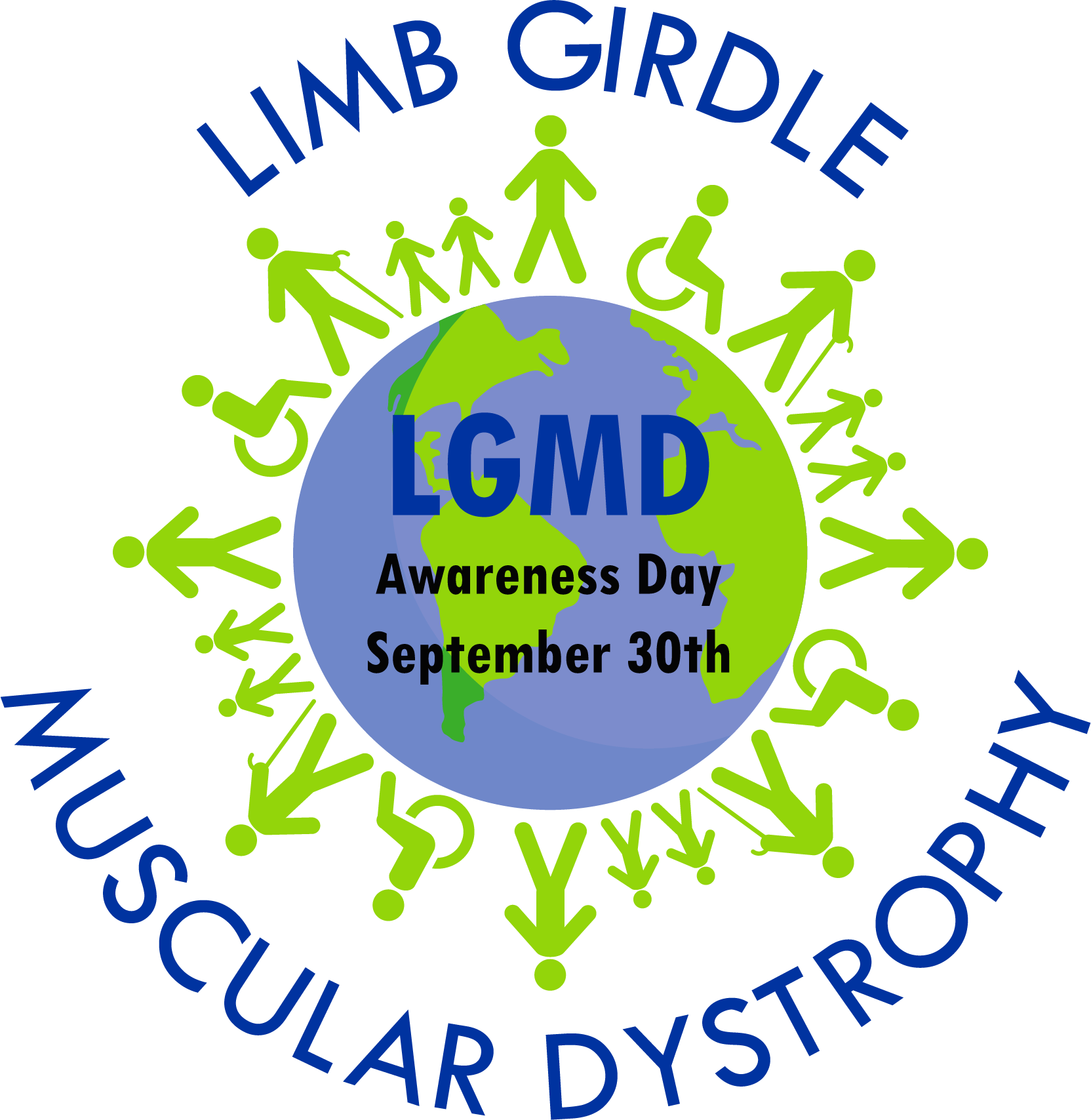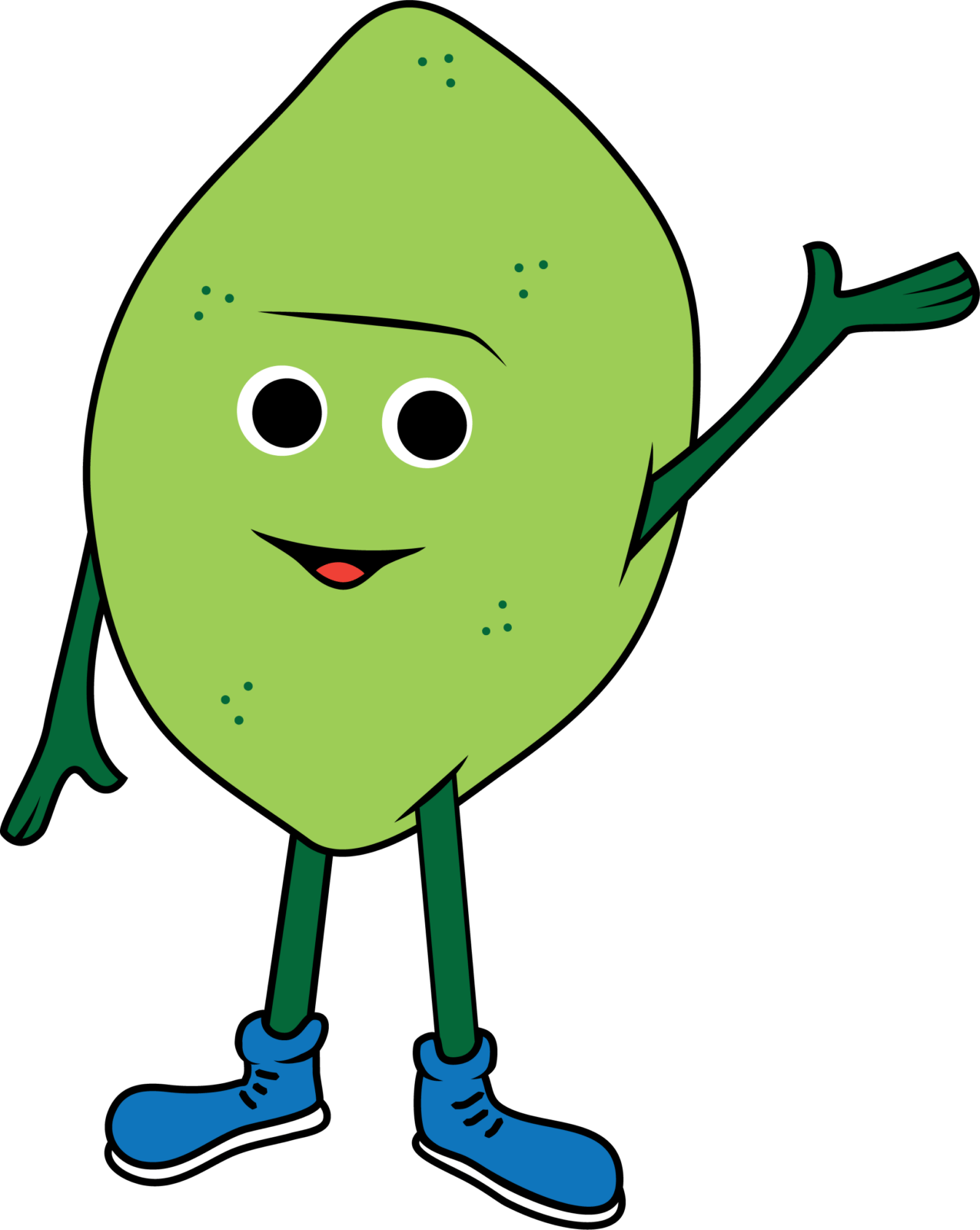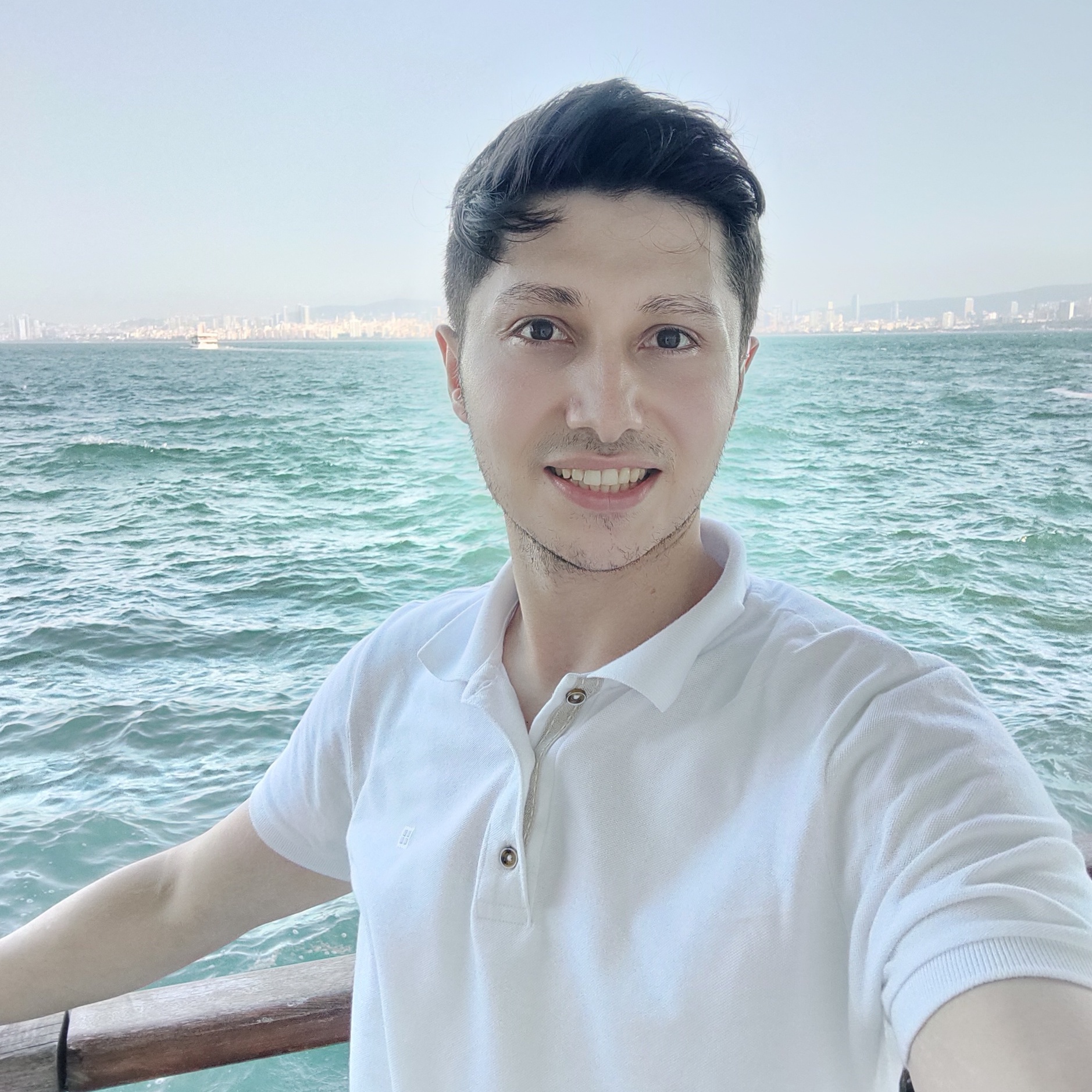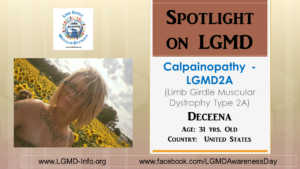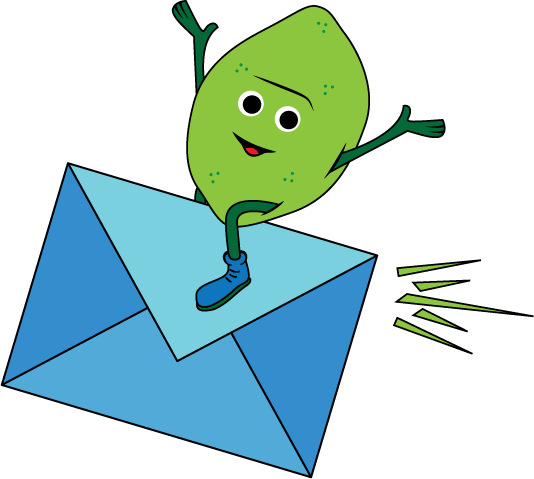INDIVIDUELLE AVEC LGMD : Deceena
LGMD "Spotlight Interview" (en anglais)
Pays: ÉTATS-UNIS
LGMD Sous-type: LGMD2A - également connue sous le nom de Calpainopathie
À quel âge avez-vous été diagnostiqué ?:
J'ai été diagnostiquée à l'âge de 29 ans.
Quels ont été vos premiers symptômes ?:
La faiblesse musculaire de mes jambes a été mon tout premier symptôme. J'étais incapable d'aller escaliers comme une personne normale, à partir de 2008, après la naissance de mon deuxième enfant. Les médecins ont mis cela sur le compte de la naissance d'un bébé et m'ont conseillé de faire de l'exercice. Je n'avais que 22 ans et je savais qu'il se passait quelque chose de plus. J'aurais aimé que mes médecins me prennent plus au sérieux. J'ai consulté de nombreux médecins et spécialistes, qui m'ont tous dit que j'allais bien. J'ai fini par trouver un médecin holistique qui m'a dit : "Oh mon Dieu, pourquoi personne ne vous a aidé ?". Il m'a envoyé faire de la physiothérapie et, lors de ma dernière séance, il m'a dit que je n'avais pas besoin d'aide. jour ma PT m'a demandé si quelqu'un dans ma famille était atteint de dystrophie musculaire ? (Non). Il m'a indiqué qu'il existait des formes récessives de la maladie et a suggéré à mon médecin de commencer à trouver des tests appropriés et à m'orienter vers des spécialistes de la dystrophie musculaire. C'était la première personne à me mentionner les mots "dystrophie musculaire", jamais. J'ai ensuite trouvé un groupe extraordinaire sur Facebook qui me permettait de poster des vidéos de moi. Peu de temps après, j'ai été orientée vers la recherche génétique avec la Fondation Jain, et j'ai pu consulter le Dr Jerry Mendel qui a posé un diagnostic définitif de LGMD2A. Le processus de mon nouveau fournisseur, Le passage du test génétique au diagnostic s'est fait en 3 mois, après de nombreuses années pendant lesquelles on m'a dit que j'allais bien et que je devais faire de l'exercice. J'ai reçu mon diagnostic sur ma fille cadette 1st anniversaire. Un jour dont je me souviendrai toujours....
Avez-vous d'autres membres de votre famille atteints de LGMD ?
Personne d'autre dans ma famille n'est atteint de LGMD.
Quels sont, selon vous, les plus grands défis à relever pour vivre avec le LGMD ?:
Actuellement, mon plus grand défi est d'expliquer à mes enfants que je suis incapable de faire certaines activités, de courir et de jouer avec eux, ou même de leur donner la liste, et de leur expliquer pourquoi. Il est parfois très difficile de répondre à leurs questions. Le deuxième défi le plus important est d'entendre les gens faire des commentaires désobligeants sur le fait que je devrais garder les places de parking pour handicapés pour les personnes handicapées. J'ai peut-être l'air d'une personne "normale", mais j'ai des difficultés à marcher sur de longues distances et je ne peux plus monter les escaliers ou monter un trottoir sans l'aide de mon mari.
Quelle est votre plus grande réussite ?:
Je dirais que ma plus grande réussite est d'avoir appris l'amour et la compassion pour tous. Je n'avais jamais réalisé les défis émotionnels auxquels les personnes handicapées sont confrontées. La plupart des gens pensent que c'est uniquement physique, mais ce n'est pas le cas. J'ai trouvé un partenaire qui a choisi de se tenir à mes côtés et de m'épouser neuf jours plus tard. Nous avons eu une conversation très franche et difficile (pour moi) sur la question de savoir si nous devions continuer en sachant les difficultés physiques, émotionnelles et mentales que nous allions rencontrer face à cette terrible maladie. Il aurait pu s'éloigner, sachant que j'étais atteinte d'une maladie neurologique progressive, mais il aime inconditionnellement et m'a appris la véritable signification de l'amour inconditionnel et de l'acceptation. Il m'a appris à aimer plus profondément et toujours, dans toutes les situations, même celles qui nous paraissent terribles. Nous avons construit une belle famille, ce qui est ma plus grande réussite. J'espère que nous pourrons continuer à donner l'exemple de l'amour et de la compassion, pour que nos enfants les voient et, je l'espère, les vivent. Ce monde serait tellement meilleur est les gens traitaient les gens comme des personnes, et non comme leur handicap.
Comment le LGMD vous a-t-il influencé pour que vous deveniez la personne que vous êtes aujourd'hui ?
La LGMD m'a appris à défendre mes intérêts et à m'exprimer. J'ai dû défendre mes intérêts pendant de nombreuses années, en disant aux médecins qu'ils avaient tort. Qui fait cela ? Cette fille-là ! C'est ce qui m'a poussée à devenir la voix pour d'autres. Je défends de tout cœur les personnes qui ne sont pas en mesure de, ou ceux qui ont besoin d'aide. Je considère mon handicap comme un cadeau. J'ai eu des opportunités qui m'ont aidé à définir et à façonner les convictions que j'ai aujourd'hui. Je m'exprimerai toujours, même lorsque c'est inconfortable et que personne d'autre ne veut le faire. Je remettrai toujours en question mes médecins et je ne m'arrêterai pas. Le fait d'être atteint de LGMD a fait de moi une personne féroce, avec la volonté et la détermination que j'ai aujourd'hui.
Que voulez-vous que le monde sache sur le LGMD ?:
Je ne sais même pas par où commencer pour répondre à cette question. Principalement, les personnes atteintes de LGMD ne sont PAS différentes de celles qui ne le sont pas. Je respire toujours et j'ai toujours des sentiments. J'aime toujours autant et je souffre toujours autant. Je veux être heureuse et avoir les mêmes possibilités que les personnes non atteintes. Je ne suis pas différente, si ce n'est que je suis peut-être un peu plus consciente de la façon dont les gens traitent les autres.
Si votre LGMD pouvait être "guérie" demain, quelle serait la première chose que vous souhaiteriez faire ?:
La première chose que je ferais serait de courir vers mes enfants, puis de lutter avec eux sur le sol, de sauter avec eux et de les lancer en l'air. Cela me manque plus que je ne peux l'exprimer avec des mots. J'ai pu faire cela avec mes enfants plus âgés, qui ont presque 12 ans et 9 ans., Mais je n'ai pas réussi à le faire avec les deux plus jeunes qui ont 6 ans et presque 3 ans. Après cela, je sautais dans les bras de mon mari et je restais là un moment. Ensuite, j'avais besoin d'aller courir, courir longtemps. La course à pied était mon activité de prédilection, ce que je n'ai pas pu faire depuis de nombreuses années.
* Pour lire d'autres "LGMD Spotlight Interviews" ou pour vous porter volontaire pour une prochaine interview, veuillez consulter notre site web à l'adresse suivante: https://www.lgmd-info.org/spotlight-interviews
* Merci de LIQUER, COMMENTER et PARTAGER cet article pour aider à sensibiliser le public à la LGMD !

